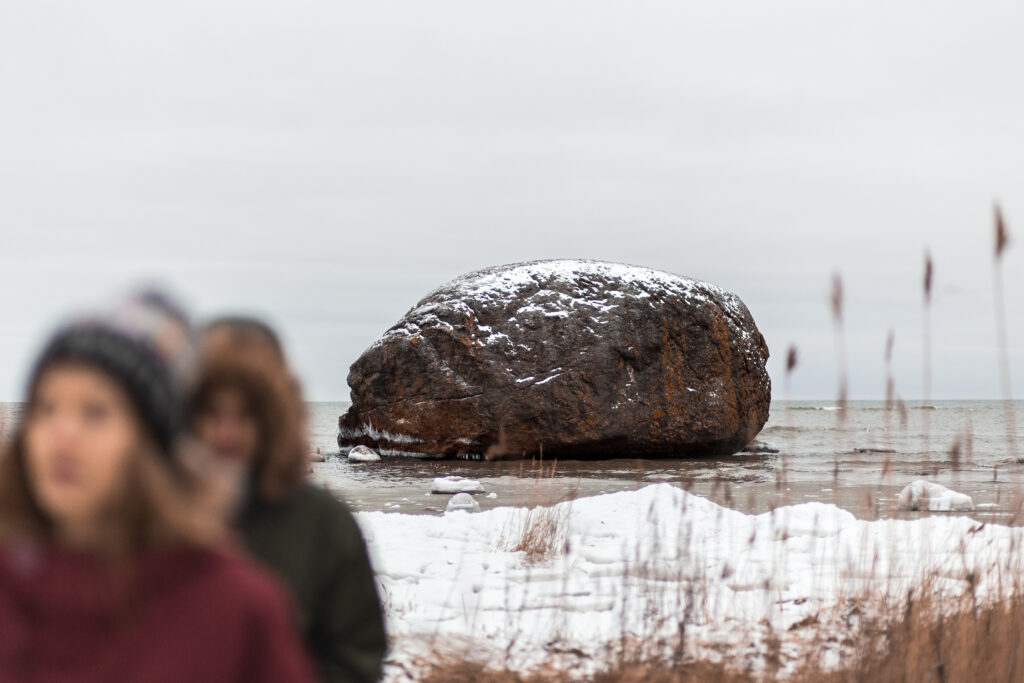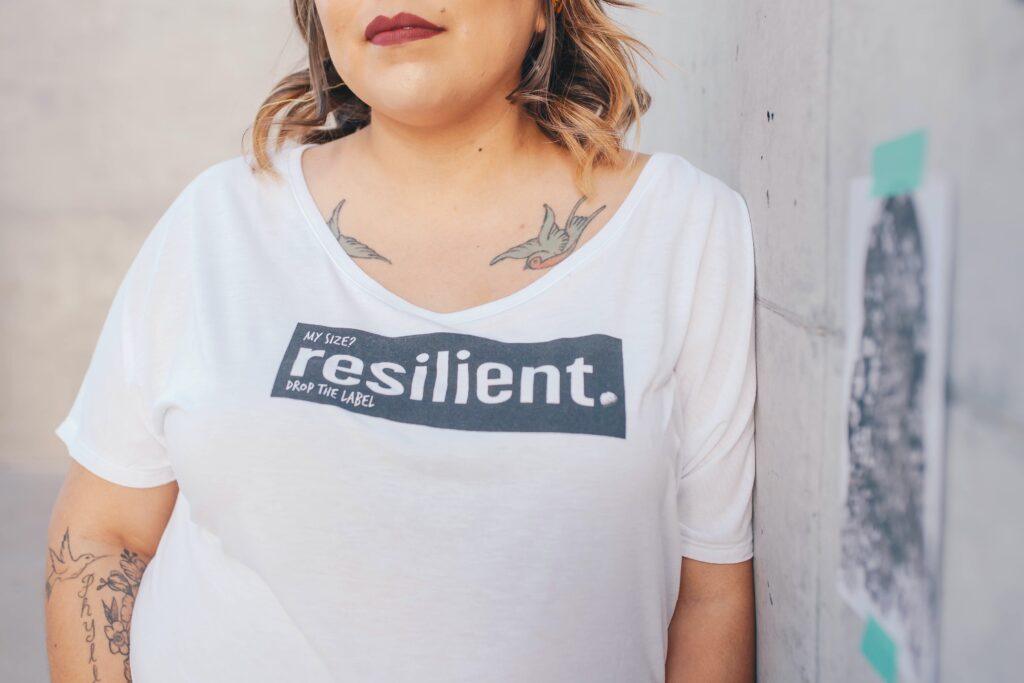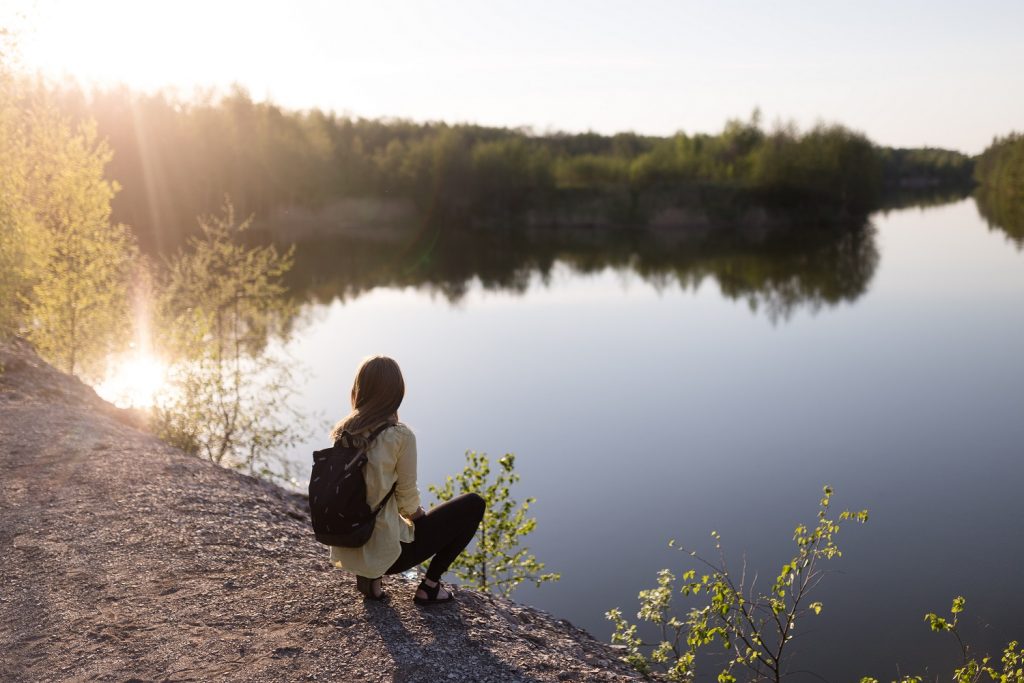Antonieta Cendoya, a Tallinn, Estonia-based Spanish clinical psychologist, offers suggestions that can help you deal with anxiety about the crisis we are going through.
We have lost the plot
Anguish, anxiety, stress and depression are neither really feelings nor emotions – they are effects – painful and unpleasant. These are fears with no apparent object. Anxiety refers to something that comes from within and no longer to a danger located outside, in reality. And people who already suffer from anxiety will experience more psychological difficulties during the coronavirus crisis and will require a helping professional when a person finds themselves unable to tolerate it.
In times of pandemic, in times of anxiety, I can already see this in my practice. While feeling anxiety in response to a threat is a normal human reaction, a high and constant level of anxiety can leave us exhausted, with no mood to cope with difficulties. “It’s like this extra stress makes me pass a breaking point that I was able to regulate better before,” a patient said.
That’s our feeling, a moment where there is no way to plan a personal future or find alternatives. Uncertainty is the most stressing and our response is anxiety.
The following suggestions can help you deal with anxiety about the crisis we are going through.
Accept uncertainty
Not coping with uncertainty makes you more vulnerable to anxiety. We need to pay attention to how we want to control our daily life – by relaxing these behaviours.
For example, refrain from texting a friend immediately the next time you are looking for an answer to a question. Reduce your tendency to use the internet to solve a situation. Go outside for cycling or walking without checking the weather first. Less control, in other words.

“Anything you resist persists” – Carl Jung
The fight against anxiety can take many forms: drinking too much alcohol; eating too little or too much; watching too many TV series; obsessively following online news feeds, etc. These behaviours can help, but they can make anxiety worse in the long run. These are voidance strategies, not a solution.
When the waves of anxiety about the epidemic come in, take notes or describe that experience to others, without any judgment. Resist the urge to run away from these thoughts or feelings but order them by educating yourself. It helps manage anxiety in the medium term.
You are resilient
People fear they will not be able to do so if the virus shows up at work, in their family or in their home. They worry about how they will cope with a quarantine, the closing of a day-care facility or a loss of wages.
The human mind is good at predicting the worst. Many people overestimate the severity of difficult events and underestimate their ability to adapt to difficult situations. Limit your exposure to information about the coronavirus to no more than 30 minutes per day. And we are more anxious when faced with situations that we cannot compare with others. Remember, you are tougher.

Take care of yourself
To prevent and reduce anxiety, get enough sleep, exercise regularly, spend time in nature and relax when you are stressed.
Focusing on these behaviours during a crisis can go a long way in improving your psychological well-being and strengthening your immune system.
Seek professional help
If you feel concerned, seek professional help from a mental health professional.
Those most affected by anxiety and related disorders may be particularly hard hit by this time of the epidemic. As a result, they may experience symptoms that interfere with their social relationships, their ability to work or their ability to care for themselves and others.
The opinions in this article are those of the author. Cover: A girl by the lake in Estonia. The image is illustrative. Photo by Renee Altrov.

